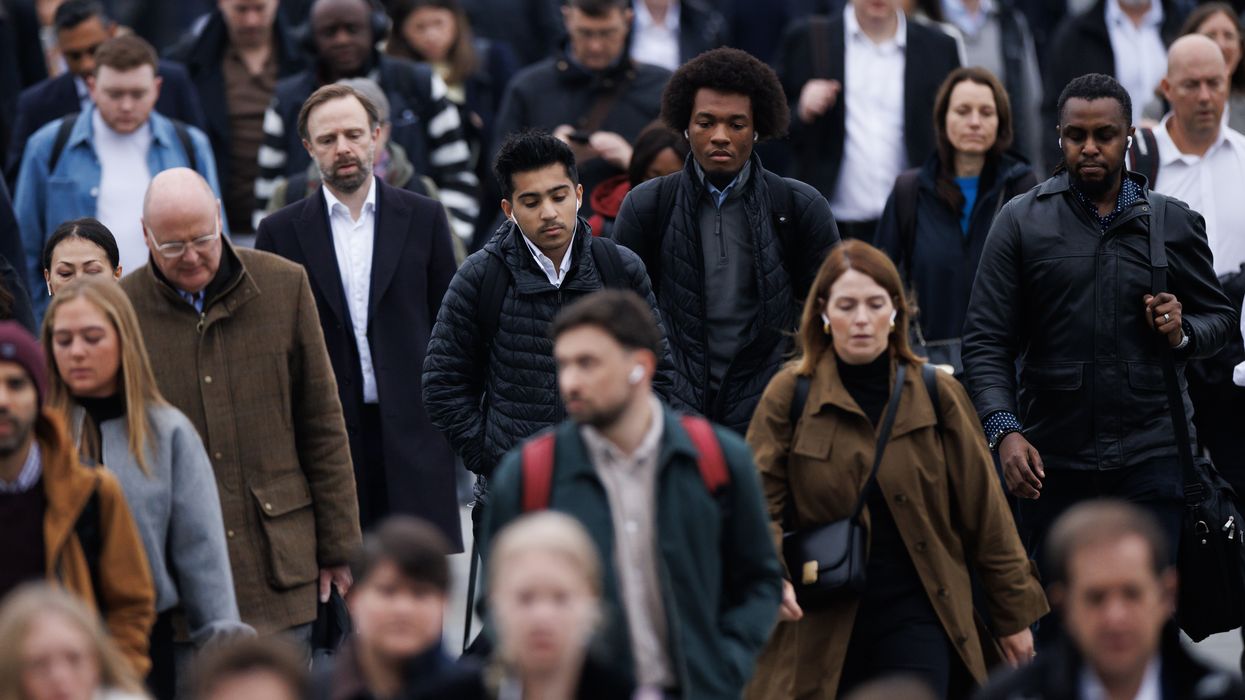PAY growth in Britain slowed sharply and unemployment rose to its highest level in nearly four years in the three months to April, official figures showed on Tuesday (10), potentially reducing the Bank of England’s (BoE) caution over further interest rate cuts.
Wage growth excluding bonuses slowed to 5.2 per cent, the weakest pace since the three months to September, and fell more than expected from 5.5 per cent in January to March this year.
The jobless rate climbed to 4.6 per cent, up from 4.5 per cent, reaching its highest point since the three months to May 2021, the Office for National Statistics said.
The April data was the first since employers were hit by a £25 billion rise in social security contributions which came into force at the start of the month, as well as a 6.7 per cent increase in the minimum wage.
The downturn appeared to gather pace in May, according to separate tax office data which showed a slump of 109,000 in the number of employees on company payrolls, the most since May 2020 at the height of the Covid-19 pandemic.
The Bank of England, which is expected to keep rates on hold at next week’s meeting, has been trying to gauge if inflation pressures in Britain’s labour market are easing sufficiently for it to continue cutting interest rates at its current quarterly pace.
“There continues to be weakening in the labour market, with the number of people on payroll falling notably,” said ONS director of economic statistics Liz McKeown.
“Feedback from our vacancies survey suggests some firms may be holding back from recruiting new workers or replacing people when they move on.”
The BoE last trimmed borrowing costs in May, by a quarter point to 4.25 per cent.
Its governor, Andrew Bailey, said last month that domestic wage and price developments were likely to be more important for future reductions in borrowing costs than US trade policy, although April’s US tariffs did help swing some policymakers’ decision to vote for a cut at its last meeting in May.
In the private sector alone, watched closely by the BoE, earnings excluding bonuses rose by 5.1 per cent in the three months to the end of April, also the weakest pace since the third quarter of 2024 the Office for National Statistics said.
Growth in total pay, including bonuses, slowed to 5.3 per cent in April from an upwardly revised 5.6 per cent, compared to economists’ forecasts for 5.5 per cent.
There were also other signs of loosening in Britain’s jobs market.
Vacancies fell by 63,000 in the three months to May to 736,000, their lowest level since the three months to April 2021.
Conservative MP and shadow business and trade secretary, Andrew Griffith, said the rise in unemployment was not surprising.
“Businesses are still absorbing a £25 billion jobs tax, but things are about to get even worse as ... (the government) hits businesses with higher regulation,” Griffith said.
Labour’s employment minister, Alison McGovern, said the ONS data showed that half a million more people were in work than when Labour won a national election last July and that wages had grown faster since then than during a decade of Conservative-led rule after 2010.
Chancellor Rachel Reeves was due to deliver her first multi-year spending review on Wednesday (11), to set budgets for public services, after Eastern Eye went to press on Tuesday.




